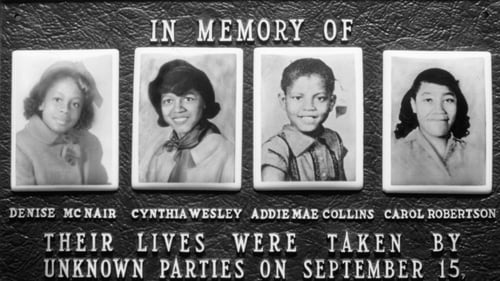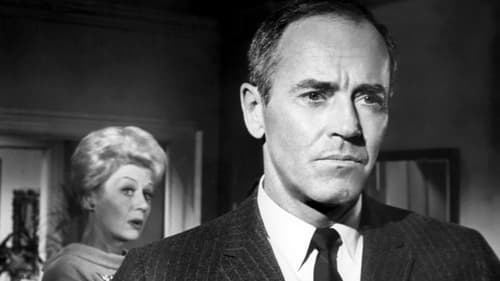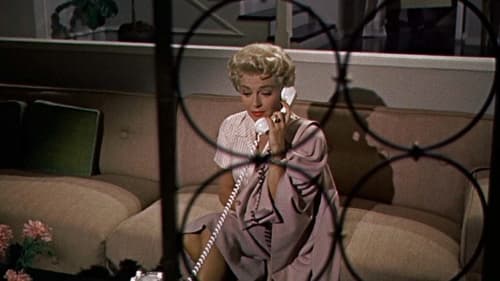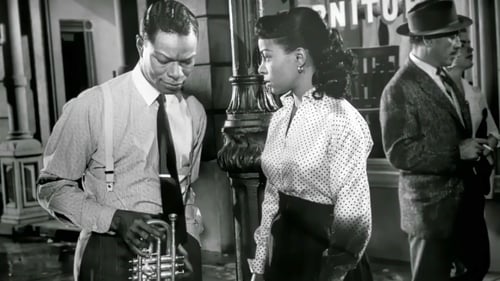Mahalia Jackson
Nacimiento : 1911-10-26, New Orleans, Louisiana, USA
Muerte : 1972-01-27
Historia
From Wikipedia, the free encyclopedia
Mahalia Jackson (October 26, 1911 – January 27, 1972) was an American gospel singer. Possessing a contralto voice, she was referred to as "The Queen of Gospel". She became one of the most influential gospel singers in the world and was heralded internationally as a singer and civil rights activist. She recorded about 30 albums (mostly for Columbia Records) during her career, and her 45 rpm records included a dozen "golds" (million-sellers).

Raymond Anthony Myles was the electrifying Gospel Genius of New Orleans. Like a comet shooting across the sky, he was here one minute – brilliant, incandescent and unmistakably unique. And then, just as quickly, he was gone… But Raymond was more than a maverick musician. He was also highly representative of a vital but scorned minority within the Black church: a queer man who struggled with dogma and Scripture that said, "God's love does not apply to you."

Self
Explora el legendario Harlem Cultural Festival celebrado en los Estados Unidos en 1969. En él se rindió homenaje a la cultura y música afroamericana, además de promover el 'black pride' y la unidad entre personas de una misma raza.

Self (archive footage)
Gavin MacLeod and Marion Ross host a Christmas celebration that features classic performances of popular holiday standards and traditional carols performed, throughout decades past, by an array of artists, including Andy Williams, Bing Crosby, Perry Como, Johnny Mathis, Brenda Lee, Eddy Arnold, Nat King Cole, Judy Garland, Mitch Miller and the Gang, Gene Autry, Jimmy Boyd, the Supremes, Rosemary Clooney, the Lennon Sisters, Burl Ives, Mahalia Jackson, Mitzi Gaynor, Julie Andrews, the Beach Boys, the Carpenters, Jose Feliciano, the Drifters, Ronnie Spector, the Harry Simeone Chorale, and David Bowie.

Self
Documenting Louis Armstrong's appearance at the 1970 Newport Jazz Festival.

Self - During March on Washington (archive footage)
Aclamado primer documental de Spike Lee en donde cuenta los detalles sobre la bomba que, en 1963, se puso en una iglesia de Birminghan que mató a cuatro pequeñas colegialas.

Documentary narrated by Paul Winfield, this documentary follows the course of Mahalia Jackson's extraordinary life - from her humble beginnings as a sickly child singing in New Orleans churches to her breakthrough with Columbia Records and her ascendancy to Carnegie Hall and Europe's great stages. Her story's told through archival footage and interviews with those who knew her best.

Self - Vocals
Mahalia Jackson was the greatest gospel singer in the world. Shortly before her death in 1972, she embarked on a triumphant European tour, and this film is a record of that tour, and a portrait of a gifted artist and a warm, sincere woman.

Self (archive footage)
Constructed from a wealth of archival footage, the documentary follows Dr. Martin Luther King, Jr. from 1955 to 1968, in his rise from regional activist to world-renowned leader of the Civil Rights movement. Rare footage of King's speeches, protests, and arrests are interspersed with scenes of other high-profile supporters and opponents of the cause, punctuated by heartfelt testimonials by some of Hollywood's biggest stars.

The Harlem Cultural Festival, also known as "Black Woodstock", was a series of music concerts held in Harlem, Manhattan, New York City during the summer of 1969 to celebrate African American music and culture and to promote the continued politics of black pride. The concerts took place in Harlem's Mount Morris Park on Sundays at 3PM from June 29, 1969 to August 24, 1969. The manifestation came soon after the Watts Riots, and the assassinations of Malcolm X and Martin Luther King.

Herself
Filme sobre la campaña electoral a la presidencia de los Estados Unidos de dos candidatos antagónicos y sus respectivos equipos.

Self
Set at the Newport jazz festival in 1958, this documentary mixes images of water and the town with performers and audience. The film progresses from day to night and from improvisational music to Gospel. It's a concert film that suggests peace and leisure, jazz at a particular time and place.

Choir Soloist
Lora Meredith (Lana Turner), una actriz viuda en paro, vive con su hija adolescente (Sandra Dee) en Nueva York. Un día, conoce por casualidad a Annie, una mujer de raza negra (Juanita Moore), y a su hija, que es mulata. Las dos acaban trabajando para ella. Ese mismo día conoce también a Steve (John Gavin), un fotógrafo que se enamora de ella.

Bessie May
Will Handy grows up in Memphis with his preacher father and his Aunt Hagar. His father intends for him to use his musical gifts only in church, but he can't stay away from the music of the streets and workers. After he writes a theme song for a local politician, Gogo, a speakeasy singer, convinces Will to be her accompanist. Will is estranged from his father for many years while he writes and publishes many blues songs. At last the family is reunited when Gogo brings them to New York to see Will's music played by a symphony orchestra.








